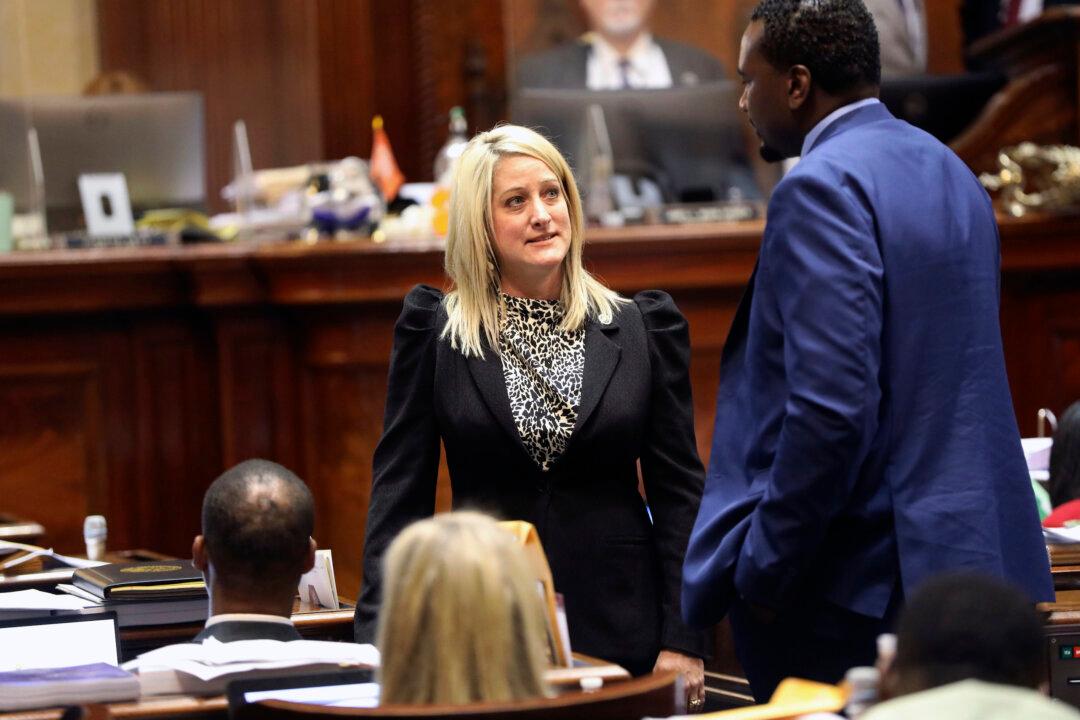Legislation prohibiting transgender students in South Carolina from playing on sports teams not aligned with their biological gender in public school and college sports advanced in the state Senate on May 4.
The Senate voted 30–10 to pass Senate Bill 531, also called the Save Women’s Sports Act, which, if adopted in the House and signed by Republican Gov. Henry McMaster, would prohibit males who have decided that they are females from playing in female sports.





